Transmission Major
Transmission rebuild or replacement, torque converter, premature clutch replacement.
What Owners Say
"CVT transmissions are just not reliable. On my 3rd one."
Anonymous, OR (2016 Nissan Altima SL 2.5-L 4 Cyl)"Started by not shifting into a higher gear. Would need to turn it off and restart to make it work. Then it would restart and could only go a few miles per hour. Had to replace the whole transmission"
Anonymous, AZ (2016 Nissan Altima SL 3.5-L V6)


















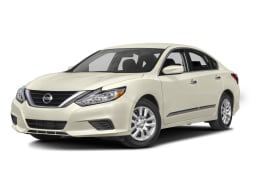
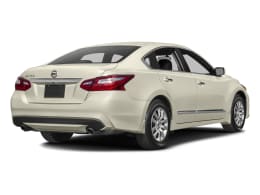
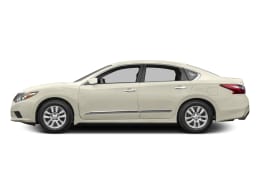
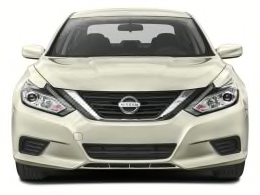
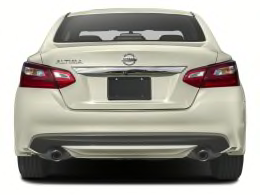
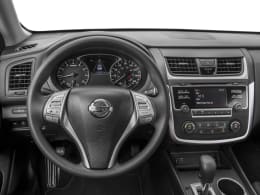
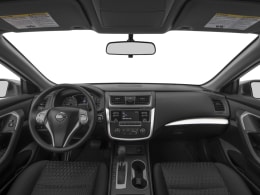
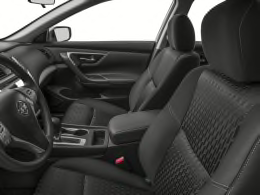

"Transmission failed on a road trip. Car had to be towed and transmission replaced."
Anonymous A., OK (2016 Nissan Altima SL 2.5-L 4 Cyl)